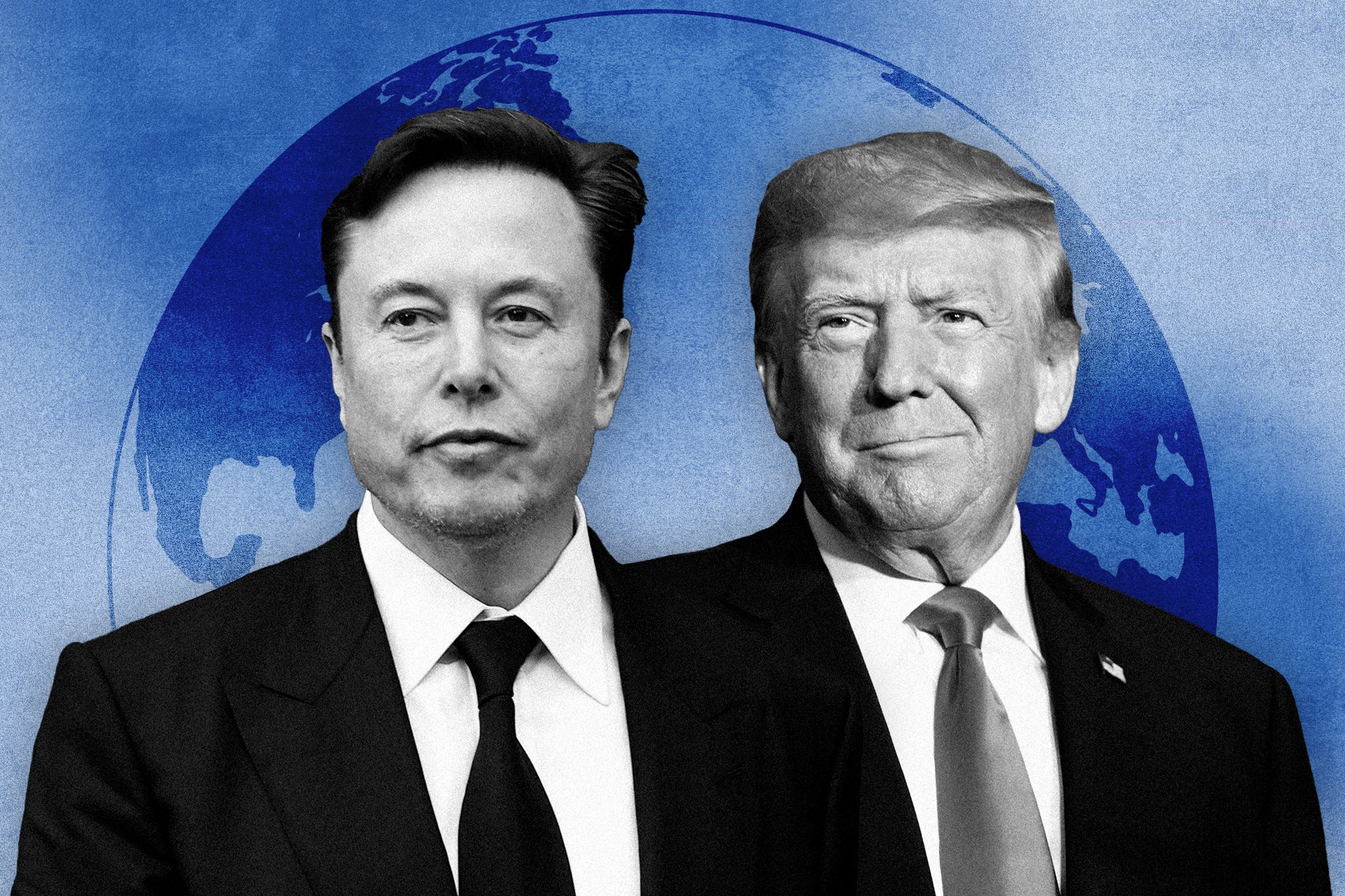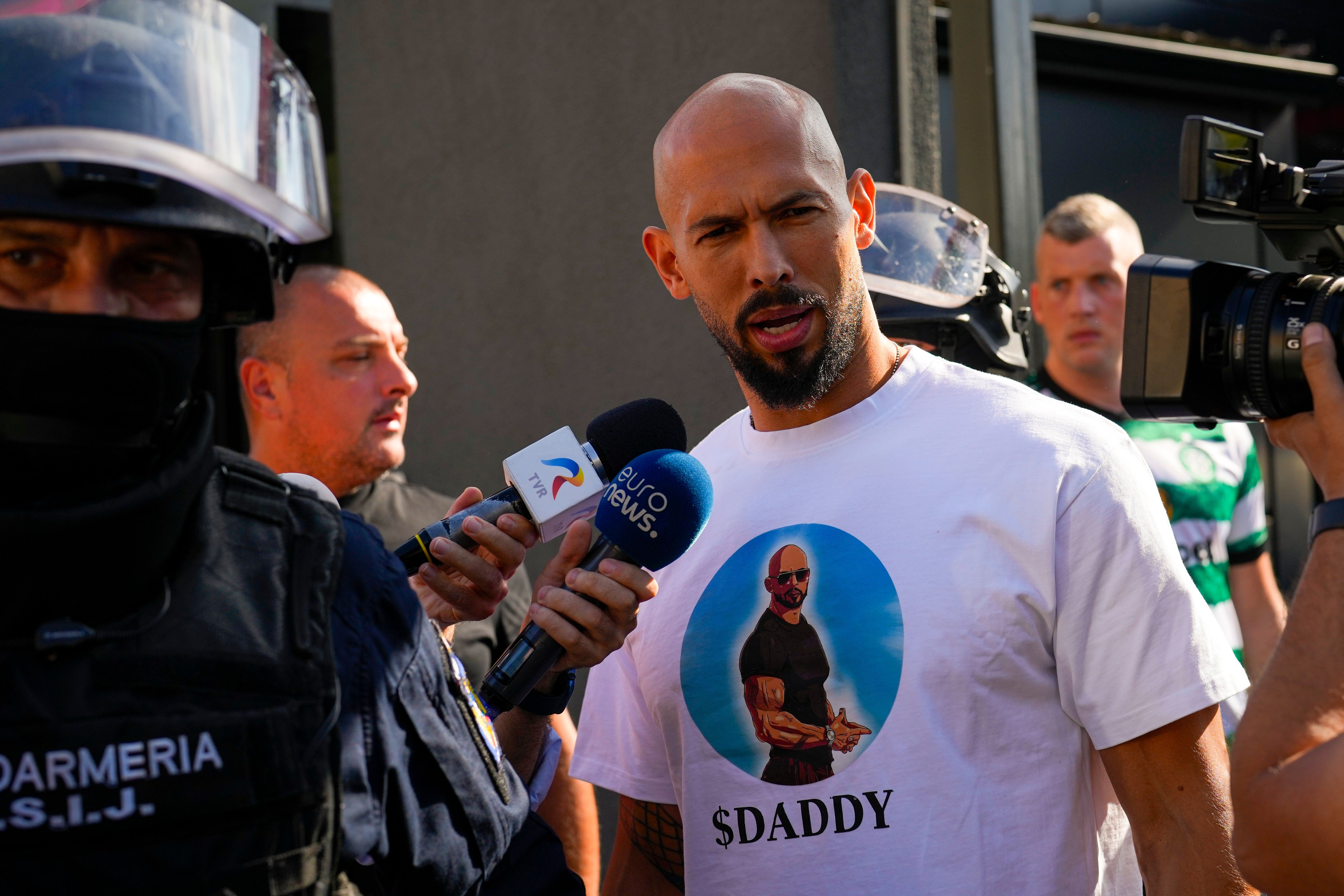Mark Zuckerberg has a masculine energy problem, but it’s not the one he thinks it is
The tech tycoon has joined Elon Musk in is call for more masculine energy in the corporate world. But men with big egos, insecurity, and an inability to listen are the least capable of leading the rest of us to a better and brighter future argues Eleanor Mills


It was of little surprise to anyone when Elon Musk, the self-proclaimed ultimate alpha and sometimes the world’s richest declared last year that “only high-status men” should be in charge of the world.
Now, Mark Zuckerberg has waded into the debate by saying masculine energy is exactly what’s missing from the corporate world, stating on Joe Rogan’s podcast this weekend that the the corporate world is “pretty culturally neutered” and “having a culture that celebrates aggression a bit more has its own merits that are really positive.”
Should these kind of men should be in charge at work? Well, having been surrounded by them keeping the seats of power warm from the boardroom and beyond, for most of my life, I am definitely qualified to pass judgement on that.
Let’s count the ways that having men with huge egos, who think only about themselves, in charge has been such a boon for the last millennia: the military-industrial complex, endless wars, patriarchy, the Catholic Church, colonialism, and slavery. Yes, all those movements that have gone down in history for making our planet such a – ahem – wonderful place to live.
When we look at the list of what happens when these men have their way, it makes you question whether high-status males should be in charge of anything at all. What with their special skills of being myopic, self-obsessed, possessing a win-at-any-price mindset and everything.
With their unique talent of refusing to listen to anyone who challenges their worldview, aren’t they the people least capable of leading the rest of us to a better and brighter future?
In Musk’s world, most women and men whom he sees as “low T” (I think that means low-testosterone men, ie, ones that aren’t complete asshats) are too subject to “groupthink”. According to him, their physical “weakness” and desire to stay safe muddy their judgement. For these reasons, he believes, they should be kept out of positions of power.
This smacks of Victorian-era thinking: they didn’t let women vote or own property because they thought our hormones made us “hysterical” (literally from the Greek for womb), putting us on a level with children or animals. Far from being the modern and innovative free-thinker Musk believes himself to be, his twisted logic boils down to old-fashioned sexism with a playground-bully punchline.
And this totally linear, one-track, top-down approach is a disaster in 2024.
As the world becomes more interconnected and complex, the kind of thinking and leadership we need is necessarily inclusive and empathetic. The capacity to handle multiple inputs and difficulties simultaneously is, according to the Harvard Business Review, why midlife women are the best at managing complex change. It is why a Stanford study found that those who work in a collaborative rather than individual top-down setting are 50 per cent more effective.

The didactic, my-way-or-the-highway approach of the high-status male might have once worked, but study after study shows that this one-track thinking doesn’t deliver the best results for men or women.
Leadership now – particularly for younger generations – is all about soft power, getting people to follow you because of a shared purpose and mission. Has anyone told Musk or Zuckerberg that the quiet, low-T dude (or dudette) in the corner might be the one with the next brilliant idea? The joke is that the tech industry was built on low-T energy. Tech bros were the low-flying, quiet nerds, not the high-status agressive players on the athletic pitch. Yet, by Musk and now Zuckerberg’s own muddied logic, they aren’t leaders – they’re followers.
Far from being the modern and innovative free-thinker Musk believes himself to be, his twisted logic boils down to old-fashioned sexism with a playground-bully punchline
Given that Musk’s idea of conflict resolution involves getting into a cage and fighting Mark Zuckerberg with his bare knuckles, neither of them are necessarily the person you’d turn to for thought leadership. But the worrying thing is, there are a lot of people listening.
From disenfranchised (mostly male) keyboard warriors sitting, as one politician recently put it, in their Transformer pyjamas in their parents’ spare room, to the followers of Andrew Tate-style philosophies of alpha dominance, there is an audience for this peculiar brand of toxic thinking. Thinking, by the way, that makes most men miserable, as well as all women.
It is a classic example of what Lori Petty in Point Break describes as “too much testosterone around here”, as she walks away from the psycho bank robber surfer and her new FBI beau.
This kind of mindless machismo might be useful on the front lines of a war (or think of the queen bee in the hive with all her disposable drones), but it is not the kind of corporate leadership anyone – except Musk and his sad cronies – aspire to in 2024.

Luckily, most of us are not living in an Ayn Rand/Hobbesian dystopia of male conquerors just yet. In fact, the direction of travel in the last century has been about empathetic expansion: how we can make people feel equal and welcome them into the leadership tent.
And ironically, Musk/Zuckeberg machismo mantra especially doesn’t work in a world where AI can handle the linear thinking tasks and multitasking and empathy is what makes the rest of us human. Yes, I can run a company and put on a load of laundry, be on a call, and text a kid about which train she should catch – to have an alternative single-minded, one-track approach would be a disaster.
Of course, these facts will be dismissed by truth-denying, Trump-style man-babies who want everyone to do what they say. But those looking at the evidence will have the last word on this. And that word is no.
Eleanor Mills is the author of ‘Much More to Come: Lessons on the Mayhem and Magnificence of Midlife’, which is published by HarperCollins





Join our commenting forum
Join thought-provoking conversations, follow other Independent readers and see their replies
Comments